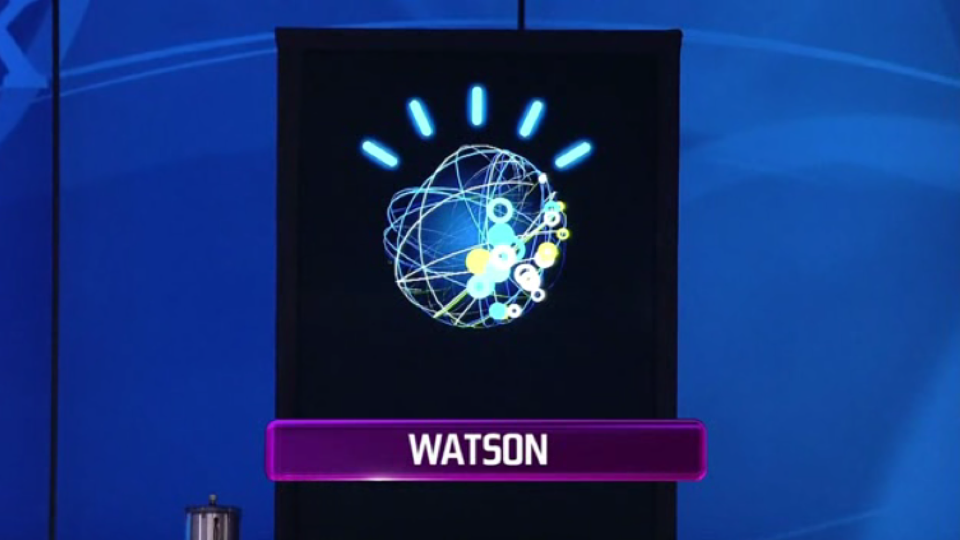-
Tips for becoming a good boxer - November 6, 2020
-
7 expert tips for making your hens night a memorable one - November 6, 2020
-
5 reasons to host your Christmas party on a cruise boat - November 6, 2020
-
What to do when you’re charged with a crime - November 6, 2020
-
Should you get one or multiple dogs? Here’s all you need to know - November 3, 2020
-
A Guide: How to Build Your Very Own Magic Mirror - February 14, 2019
-
Our Top Inspirational Baseball Stars - November 24, 2018
-
Five Tech Tools That Will Help You Turn Your Blog into a Business - November 24, 2018
-
How to Indulge on Vacation without Expanding Your Waist - November 9, 2018
-
5 Strategies for Businesses to Appeal to Today’s Increasingly Mobile-Crazed Customers - November 9, 2018
IBM buys Merge Healthcare to add medical imaging capabilities to Watson
Last fall, IBM announced that it was putting Watson to use to accelerate scientific discoveries by scouring massive amounts of studies. Some radiologists in hospital emergency rooms may have to manage as many as 100,000 medical images per day.
Advertisement
Deep learning algorithms are used by AI developers to teach robots to recognize certain patterns after looking at large amounts of data.
Medical images make up the bulk of data in the healthcare world, accounting for at least 90% of all medical data to date, IBM researchers estimate.
The incorporation of Merge into Watson Health will give medical professionals the ability to leverage Watson for assistance with analyzing X-rays, MRIs, angiograms, electrocardiograms, and other medical images to spot anomalies and support their diagnoses, an IBM spokesperson said in a statement provided to TechNewsWorld by IBM Watson Health’s Christine Douglass. The imaging tech would be used in IBM’s Watson’s engine to analyze CAT scans, X-rays and mammograms. “Healthcare will be one of IBM’s biggest growth areas over the next 10 years, which is why we are making a major investment to drive industry transformation and to facilitate a higher quality of care”, says John Kelly, senior vice-president of IBM Research and Solutions Portfolio. In addition, tools to help clinicians extract insights from medical images are limited, requiring most data to be analysed manually. Merge’s clients will be able to compare a patient’s latest medical images with their medical image history, as well as with those of patients with similar conditions, to help detect abnormalities or even potential signs of disease. Insights generated by Watson could then help healthcare providers in fields including radiology, cardiology, orthopedics and ophthalmology to pursue more personalized approaches to diagnosis, treatment and monitoring of patients. “Watson will help the doctor interpret and understand these complex images”, IBM SVP John Kelly told TechCrunch. An IBM spokesman said that IBM Watson and Watson Health are set to enter into more landmark relationships and announce more technology advances.
Advertisement
Assuming the acquisition meets regulatory approval and agreed to by Merge shareholders, IBM will pay $7.13 per share in cash, bringing the total value of the deal to about $1 billion. ‘Medical images are some of the most complicated data sets imaginable, and there is perhaps no more important area in which researchers can apply machine learning and cognitive computing’. This medical advancement is made possible through the utilization of artificial intelligence. As Watson and its cloud-based wins continue piling up, two of CEO Ginni Rometty’s strategic imperatives will benefit: business analytics and cloud services. Watson’s cognitive computing capabilities will enable healthcare practitioners to use data from a wide variety of healthcare data sources, including medical health records, pharmacy and medical claims information, environmental factors, and fitness devices. “Together, we will unlock unprecedented new opportunities to improve patient diagnostics and deliver enhanced care”.





























